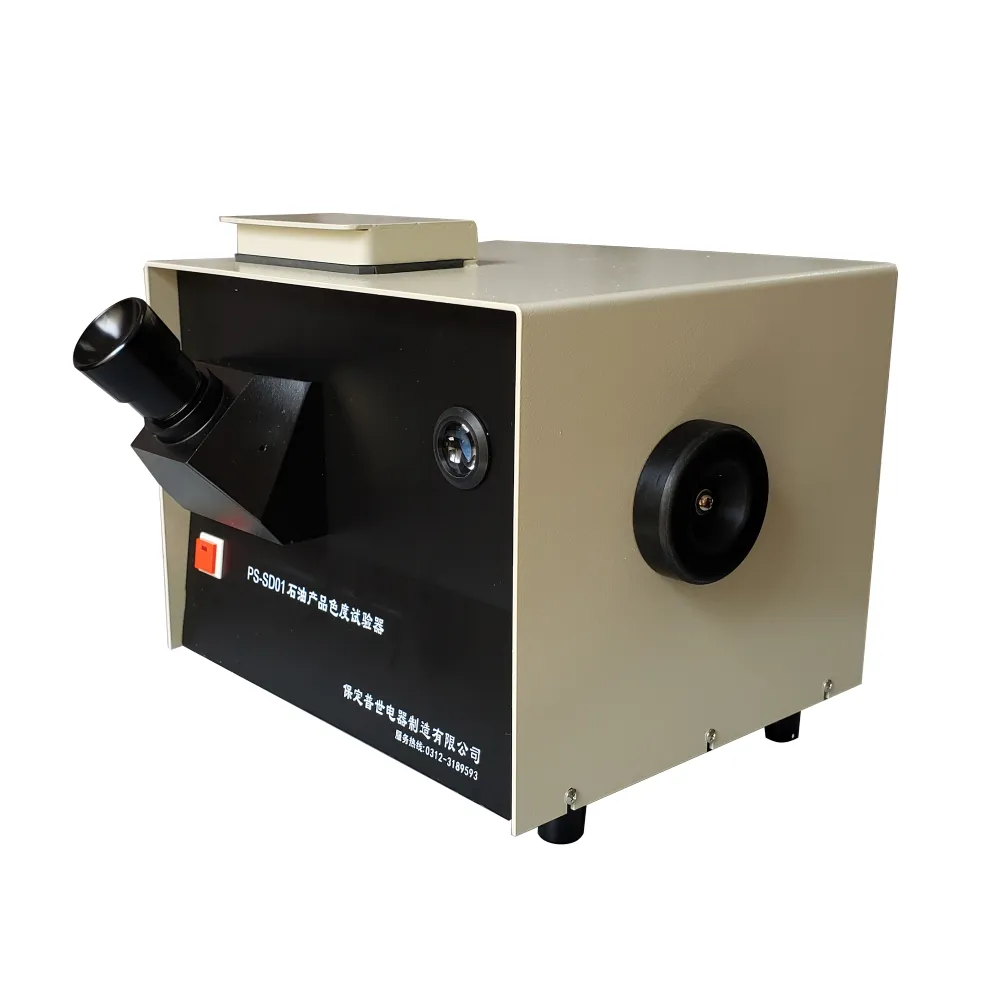 English
English


Power Quality Monitoring Technologies for Enhanced Energy Efficiency and Reliability
Power Quality Measurement Devices Ensuring Reliable Electrical Systems
In today's technologically advanced world, the importance of power quality is undeniable. Electrical devices, appliances, and systems rely heavily on a stable power supply to function optimally. Poor power quality can lead to equipment malfunction, increased energy costs, and a shorter lifespan for electrical components. To address these issues, power quality measurement devices have emerged as essential tools in the monitoring and enhancement of electrical systems.
Understanding Power Quality
Power quality refers to the characteristics of the electrical power supplied to consumers, including voltage levels, frequency, and waveforms. Ideal electricity supply has a consistent voltage and frequency, allowing appliances and machinery to operate seamlessly. However, in real-world scenarios, fluctuations in voltage, harmonics, transients, and interruptions can severely impact power quality. These disturbances can cause equipment failures, loss of productivity, and even hazardous situations.
Power quality measurement devices are designed to detect, analyze, and report power quality issues, providing valuable insights that help engineers and maintenance personnel take corrective actions. By integrating these devices into electrical systems, businesses can ensure a reliable power supply and prevent costly disruptions.
Types of Power Quality Measurement Devices
1. Power Analyzers These versatile devices measure a wide variety of parameters including voltage, current, power factor, harmonics, and THD (Total Harmonic Distortion). Power analyzers can be portable or permanently installed, making them suitable for varying applications in industrial, commercial, or residential settings.
2. Power Quality Monitors (PQMs) PQMs are more advanced systems that continuously monitor power quality parameters over time, allowing for the observation of long-term trends and transient events. These devices provide statistical data, enabling users to identify recurring issues and address them proactively.
3. Harmonic Analyzers Harmonic distortion can generate significant issues in electrical systems, including overheating of equipment and reduced efficiency. Harmonic analyzers focus specifically on measuring and analyzing harmonics within the system, thus assisting engineers in mitigating harmonic-related problems.
power quality measurement devices

4. Voltage Recorders These devices primarily monitor voltage variations over time, capturing events such as sags, swells, and interruptions. By analyzing this data, users can determine the reliability of their power supply and implement improvements where necessary.
5. Event Recorders Used for capturing and storing transient events, event recorders can identify momentary disturbances and their impact on the system. This allows engineers to troubleshoot issues and enhance system resilience.
Applications of Power Quality Measurement Devices
Power quality measurement devices are invaluable in various sectors, including manufacturing, commercial facilities, data centers, and public utilities. In manufacturing, for instance, these devices help to ensure that machines operate efficiently with minimal downtime. In commercial settings, they can assist in reducing energy costs by identifying inefficiencies caused by poor power quality.
Data centers, which depend on uninterrupted power supplies, utilize power quality monitoring to protect sensitive equipment from damage due to power anomalies. Likewise, utility companies benefit from power quality measurement devices by optimizing the electricity supply and addressing customer complaints effectively.
Benefits of Using Power Quality Measurement Devices
Implementing power quality measurement devices offers numerous advantages. Firstly, they enhance the reliability of electrical systems, helping to minimize downtime and prevent equipment damage. Secondly, they provide valuable data that can lead to better energy management and cost savings. Finally, these devices support compliance with industry standards and regulations regarding power quality, promoting a safer and more efficient electrical environment.
Conclusion
As the demand for reliable electrical systems continues to rise, power quality measurement devices play a crucial role in maintaining optimal performance. By investing in these technologies, businesses can ensure their systems operate effectively, reducing the risk of disturbances and enhancing overall productivity. The future of power quality measurement is promising, with advancements in technology leading to even more sophisticated tools for monitoring, analyzing, and improving power quality. Embracing these innovations will undoubtedly pave the way for safer and more efficient electrical systems in various industries.
-
Differences between open cup flash point tester and closed cup flash point testerNewsOct.31,2024
-
The Reliable Load Tap ChangerNewsOct.23,2024
-
The Essential Guide to Hipot TestersNewsOct.23,2024
-
The Digital Insulation TesterNewsOct.23,2024
-
The Best Earth Loop Impedance Tester for SaleNewsOct.23,2024
-
Tan Delta Tester--The Essential Tool for Electrical Insulation TestingNewsOct.23,2024





